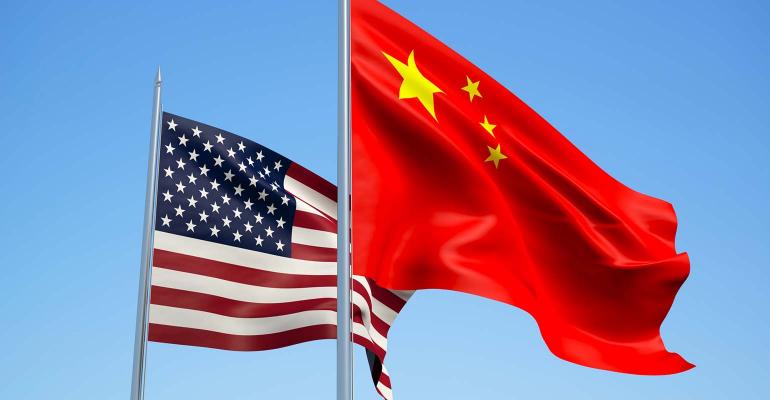
Personally, I can think of a better way to describe the trade deal with China rather than a “big, beautiful monster” as the President had suggested last week. As that phrase left his mouth, it was the “monster” part that made me do a “gut check” regarding what could be in that 86-page detailed document. Would China actually buy the $40 to $50 billion worth of U.S. agricultural products as claimed? Would we actually receive the detailed account of how much product China would buy, and when? And then I wondered, “Why would the Chinese actually disclose exactly what they intend to buy? Why would they show their hand?”
1. The deal was signed. Prices fell lower.
Looking specifically at the few details that have emerged post signing, the United States will see China buy at least $36.5 billion of U.S. agricultural products in 2020 followed by $43.5 billion in 2021. And potentially even more if market conditions are favorable (a.k.a. low prices). For comparison, the previous high dollar amount of Chinese purchases of U.S. agricultural products was set in 2012-2014, and came in close to $30 billion annually.
2. If today’s news was so friendly? Why did prices drop?
Because trade wanted to see specific large volumes of product outlined in the deal. The market didn’t see that specific wording today, therefore there was not enough perceived “bullish news” to allow for a price rally. Path of least resistance then on charts was lower. I don’t look for the sky to fall, and for prices to just capitulate lower. But a test down to lower price support levels on daily futures charts seems likely for corn and soybeans both. Those support levels should hold, with “sideways trading” to then emerge.
3. President Trump wants to you to buy larger tractors and more land.
Yes, that was said during the pomp and circumstance of the signing ceremony. Be cautious. Today’s trade deal is absolutely a tremendous sign of continued and potentially new demand for U.S. agriculture, which ultimately could lead to higher prices. When commodity prices rally, it does become more tempting to expand production. And when you expand production sometimes that leads to oversupply of commodities, which smothers the excitement of the new demand.
Remember what happened after the price rally in 2012? Hedgerows were ripped out, and suddenly everyone wanted to be a farmer because prices were so good. The market became oversaturated by supply within a few short years, leading to a glut of low prices.
My opinion? This trade deal is a good thing because it will create more demand. But don’t go “bonanza” on increasing your production.
Reach Naomi Blohm: 800-334-9779 and [email protected]
Disclaimer: The data contained herein is believed to be drawn from reliable sources but cannot be guaranteed. Individuals acting on this information are responsible for their own actions. Commodity trading may not be suitable for all recipients of this report. Futures and options trading involve significant risk of loss and may not be suitable for everyone. Therefore, carefully consider whether such trading is suitable for you in light of your financial condition. No representation is being made that scenario planning, strategy or discipline will guarantee success or profits. Any decisions you may make to buy, sell or hold a futures or options position on such research are entirely your own and not in any way deemed to be endorsed by or attributed to Total Farm Marketing. Total Farm Marketing and TFM refer to Stewart-Peterson Group Inc., Stewart-Peterson Inc., and SP Risk Services LLC. Stewart-Peterson Group Inc. is registered with the Commodity Futures Trading Commission (CFTC) as an introducing broker and is a member of National Futures Association. SP Risk Services, LLC is an insurance agency and an equal opportunity provider. Stewart-Peterson Inc. is a publishing company. A customer may have relationships with all three companies. SP Risk Services LLC and Stewart-Peterson Inc. are wholly owned by Stewart-Peterson Group Inc. unless otherwise noted, services referenced are services of Stewart-Peterson Group Inc. Presented for solicitation
About the Author(s)
You May Also Like






